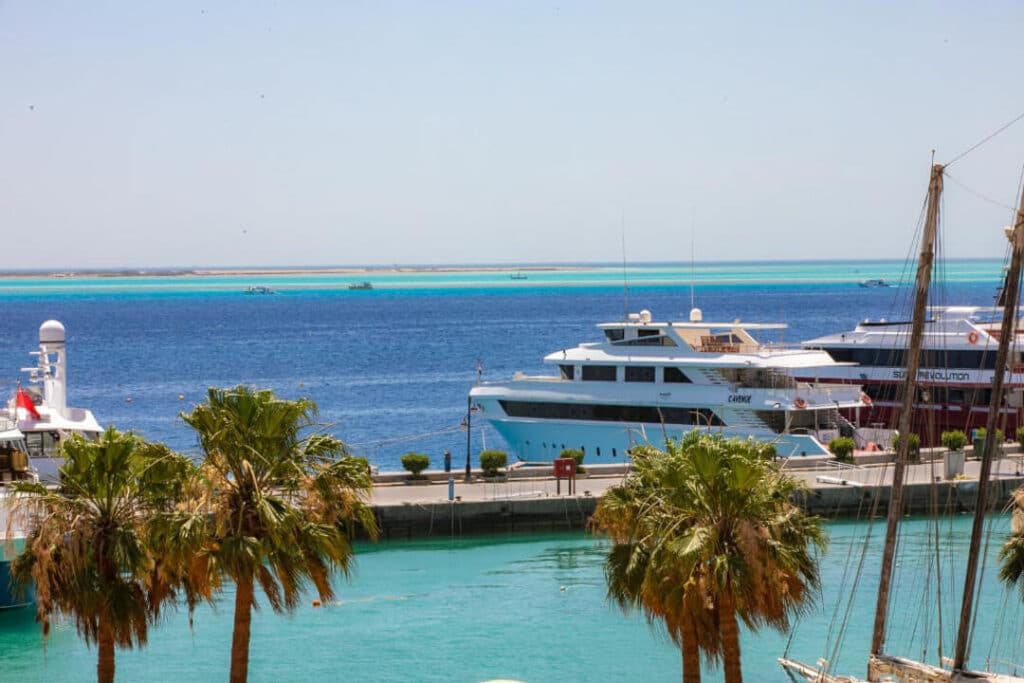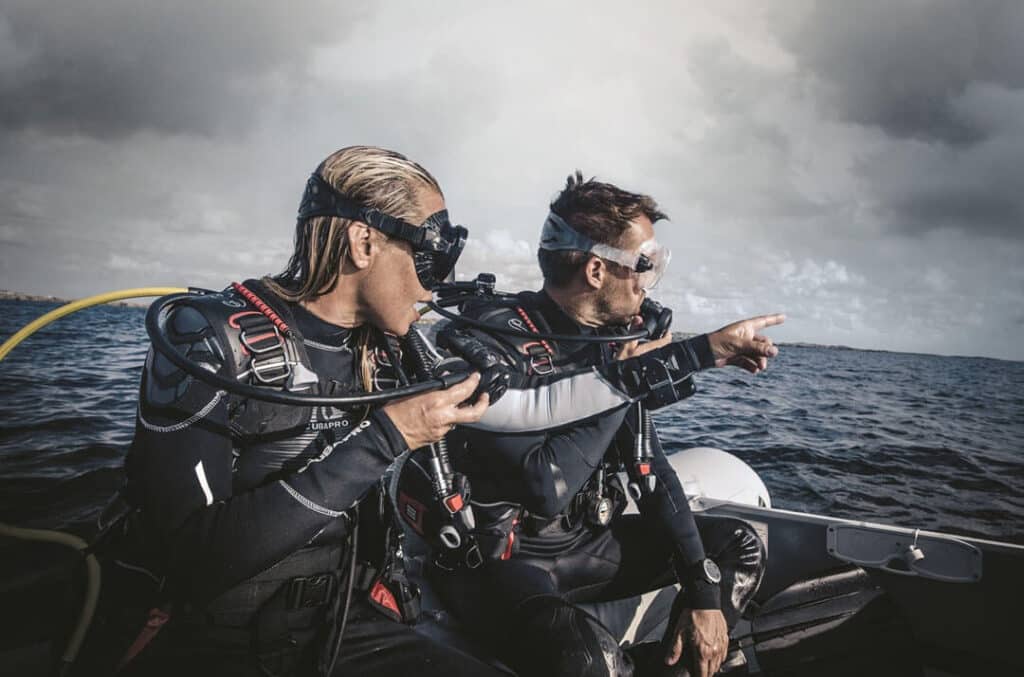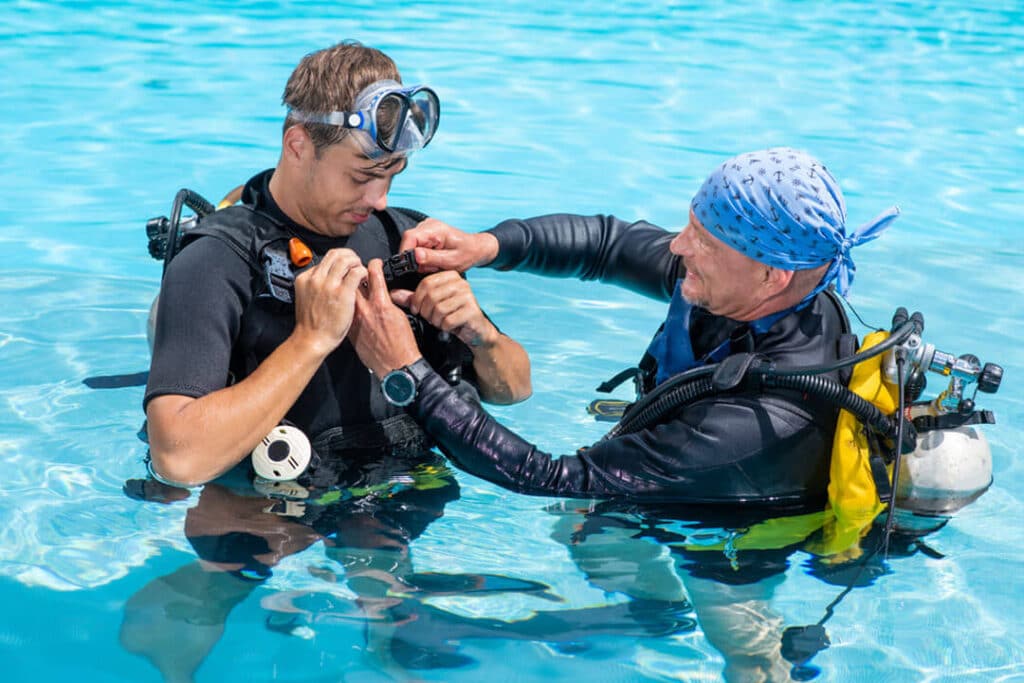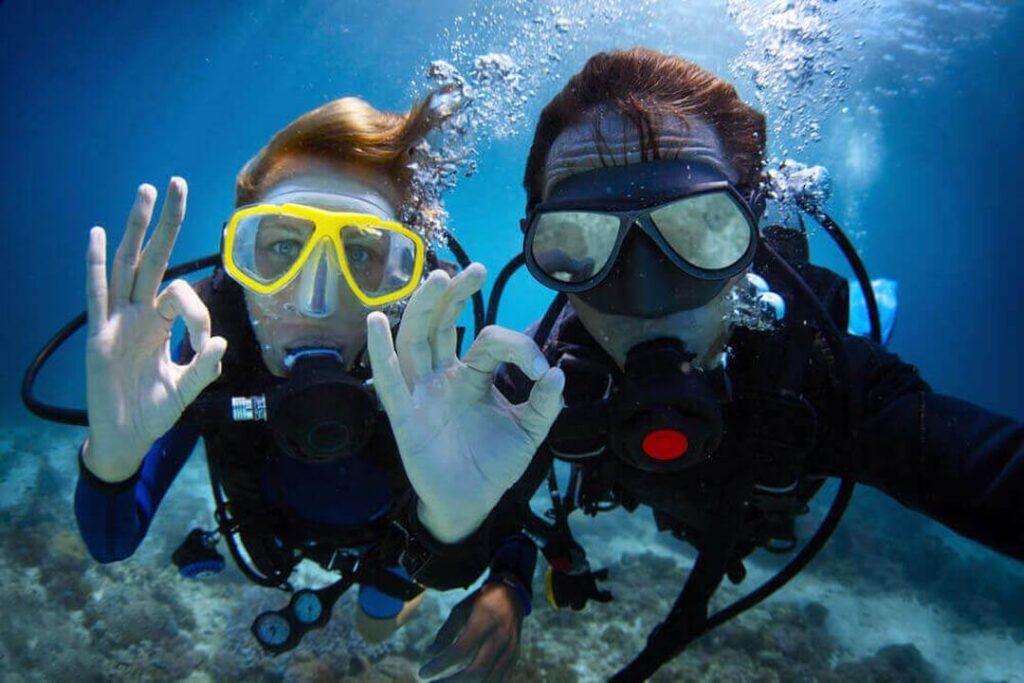
Top Tips for Ensuring a Safe Diving Experience in Hurghada
Hurghada is a world-renowned diving destination, offering crystal-clear waters, vibrant coral reefs, and an abundance of marine life. While the underwater experience is thrilling, ensuring your safety should always be the top priority. Here are the most important tips to guarantee a safe and enjoyable diving experience in Hurghada.

1. Choose a Reputable Dive Center
– Do Your Research: Look for dive centers with strong reputations, experienced instructors, and proper certifications such as PADI or SSI.
– Check Equipment: Ensure that the dive center provides well-maintained and high-quality gear.
– Ask About Safety Protocols: A good dive center will prioritize safety, providing pre-dive briefings and emergency procedures.
2. Get Proper Training
– Complete a Certification Course: If you’re a beginner, take a certified diving course before exploring deeper dive sites.
– Take a Refresher Course: If you haven’t dived in a while, a quick refresher course will boost your confidence and skillset.
– Practice Basic Skills: Familiarize yourself with clearing your mask, managing your buoyancy, and other essential techniques.
3. Plan Your Dive Carefully
– Know the Dive Site: Learn about the dive site’s depth, currents, and potential hazards.
– Use a Dive Buddy System: Always dive with a partner to ensure mutual safety and assistance if needed.
– Set Limits: Stick to the depth and time limits suitable for your skill level and experience.
4. Check Your Equipment
– Inspect Before Each Dive: Test your regulator, BCD, and other gear to ensure they’re functioning correctly.
– Wear a Properly Fitting Wetsuit: A comfortable wetsuit protects you from cold temperatures and potential scrapes.
– Monitor Your Air Supply: Keep a close eye on your air gauge and surface with a safety reserve.

5. Follow Safe Diving Practices
– Equalize Regularly: Prevent ear pain by equalizing as you descend.
– Ascend Slowly: Avoid decompression sickness by ascending at a safe rate and performing a safety stop.
– Maintain Neutral Buoyancy: Protect coral reefs and conserve energy by controlling your buoyancy.
6. Be Mindful of Marine Life
– Look, Don’t Touch: Avoid touching coral, fish, or other marine creatures to protect both yourself and the ecosystem.
– Stay Calm Around Wildlife: Move slowly and avoid sudden movements to prevent startling marine life.
– Avoid Feeding Animals: Feeding fish or other creatures can disrupt their natural behavior.
7. Stay Hydrated and Rested
– Drink Plenty of Water: Dehydration can increase the risk of decompression sickness.
– Get Adequate Sleep: A good night’s rest ensures you’re alert and focused during your dive.
– Avoid Alcohol: Steer clear of alcohol before diving to maintain clear judgment and coordination.
8. Monitor Weather and Water Conditions
– Check Forecasts: Avoid diving in rough seas or poor weather conditions.
– Be Aware of Currents: Understand the current strength and direction before entering the water.
– Choose Optimal Times: Morning dives often offer calmer conditions and better visibility.
9. Respect Your Limits
– Don’t Overexert Yourself: Stay within your physical limits and take breaks if necessary.
– Avoid Deep Dives Without Experience: Gradually increase depth as you gain more skills and confidence.
– Communicate Clearly: Use hand signals effectively with your dive buddy and instructor.
10. Always Carry Safety Gear
– Use a Dive Computer: Track your depth, time, and ascent rate accurately.
– Carry a Surface Marker Buoy (SMB): Ensure boats can spot you easily when surfacing.
– Pack a Dive Knife: A knife can be useful for cutting fishing lines or other entanglements.

